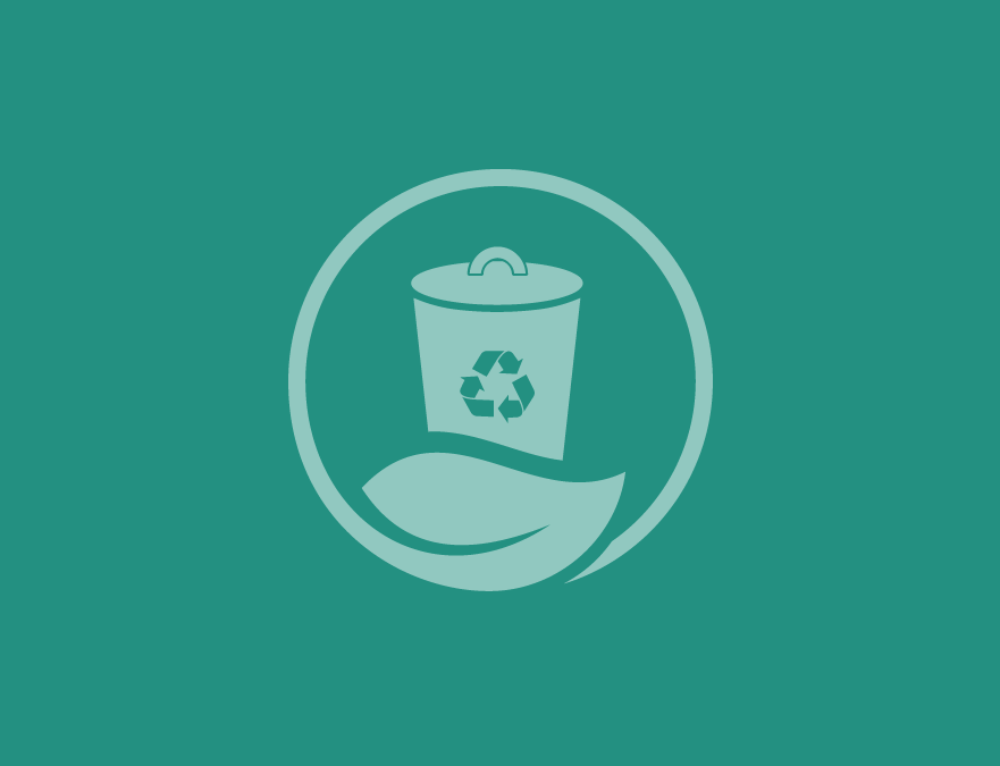
Press Release: UCRRA Zero Waste Seminar Project
November 19th 2020
The Ulster County Resource Recovery Agency (UCRRA) has been selected as one of eleven recipients of the 2020-2021 Community Grants Program, a project of the New York State Pollution Prevention Institute (NYSP2I). UCRRA will launch a county-wide community engagement campaign, the UCRRA Zero Waste Seminar Project, to raise awareness of the environmental impacts of single use plastics, and how waste reduction and reuse can be practical strategies for pollution prevention.
The project will feature a series of public workshops, webinars, and panel-style presentations, a social media/radio/news ad campaign and will utilize a variety of Partnerships. Project partners will collaborate by providing guest speakers, or venue spaces for the workshops, or by helping to spread awareness of the campaign.
“We’re very excited to be working with our project partners and would like to thank them for helping us reach more residents!” – Melinda France, Recycling Educator at UCRRA
The project supporters include: Cornell Cooperative Extension of Ulster County, Riverkeeper, Climate Smart Gardiner, Office of Campus Sustainability at SUNY New Paltz, Woodstock Land Conservancy, Woodstock Bring Your Own Store, and Repair Café Hudson Valley, New Paltz Climate Action Coalition, Town of Saugerties Chamber of Commerce, League of Women Voters, Saugerties Public Library, Kingston Public Library, and the Stone Ridge Public Library.
The project will help citizens learn practical skills to lead a ‘zero waste lifestyle’ that maximizes the reduction of disposable plastics. The project will educate the public about: ocean plastic pollution, pollution from waste and from plastic, rethinking waste through zero waste practices, and other conservation techniques. The project is planned to launch during July 2021 to align with messaging around Plastic Free July, which is an initiative of the Plastic Free Foundation.
Locally, the project addresses a relevant community need for county-wide education about reducing the waste stream. In recent months the UCRRA Board of Directors approved its 10 year solid waste management plan that identified waste reduction and community engagement goals. The County of Ulster has also shown leadership in acting on a growing community concern about the effects of plastic waste. In November 2019 the County of Ulster adopted Resolution #451 establishing a policy that Ulster County shall be a zero waste community. The Ulster County Bring Your Own Bag Act, the Food Service Waste Reduction Act, and the Ulster County Skip the Straw Act also address the urgent need to reduce plastic waste in our communities.
“We feel that this is a critical time and a unique opportunity to refine outreach approaches about single use disposable plastics, and that the project complements the County’s efforts to educate the public about plastic pollution and waste reduction.” – Angelina Peone, Recycling Coordinator at UCRRA
The ZWSP also addresses a relevant need for UCRRA, indirectly adding benefits of an improved recycling system with less contamination. While the Zero Waste Seminar Project does not focus on recycling education, it emphasizes source reduction as a strategy to prevent the environmental pollution associated with discarding and using plastics, thereby inherently adding benefits to the greater County recycling system. More information about the project will become available on the Agency’s website in the coming months.
The UCRRA ZERO WASTE SEMINAR PROJECT is a community engagement project by the Ulster County Resource Recovery Agency, celebrating Plastic Free July and the many ways we can prevent pollution from our waste. The New York State Pollution Prevention Institute (NYSP2I) is sponsored by the New York State Department of Environmental Conservation through the Environmental Protection Fund and led by the Golisano Institute for Sustainability (GIS) at Rochester Institute of Technology (RIT).
Any opinions, findings, and/or interpretations of data contained herein are the responsibility of the author(s) and do not necessarily represent the opinions, interpretations or policy of Rochester Institute of Technology and its NYS Pollution Prevention Institute or the State.

